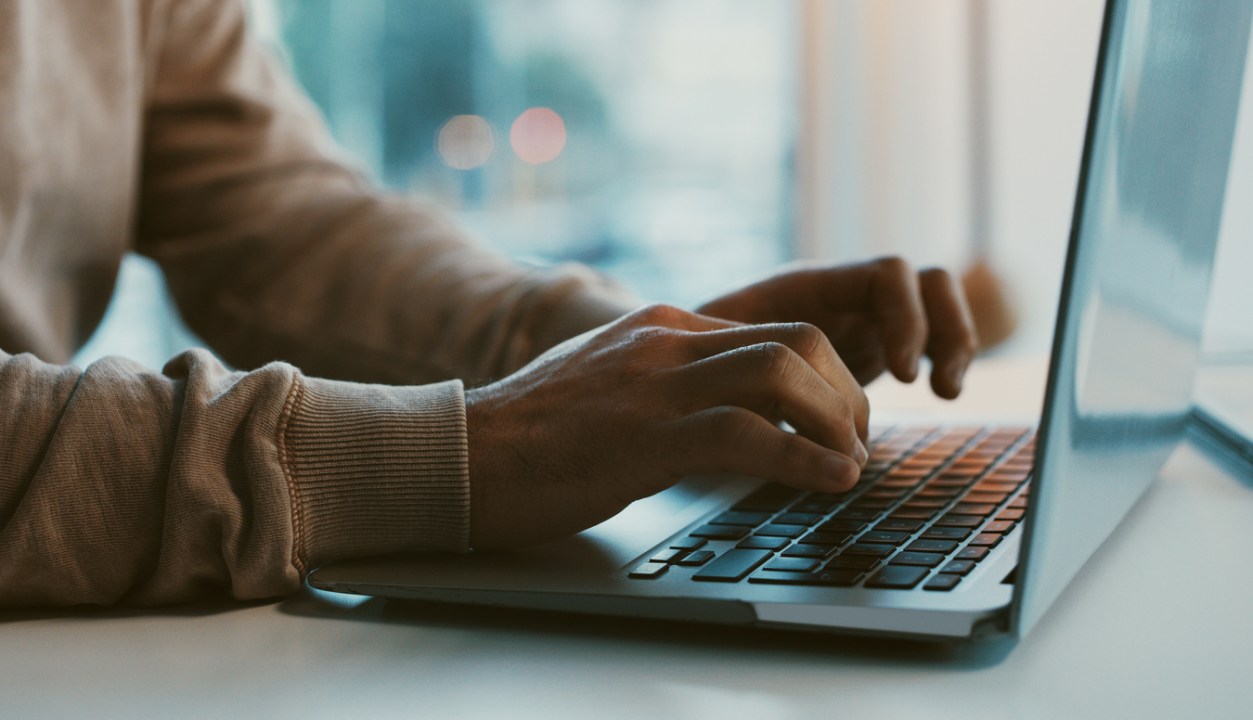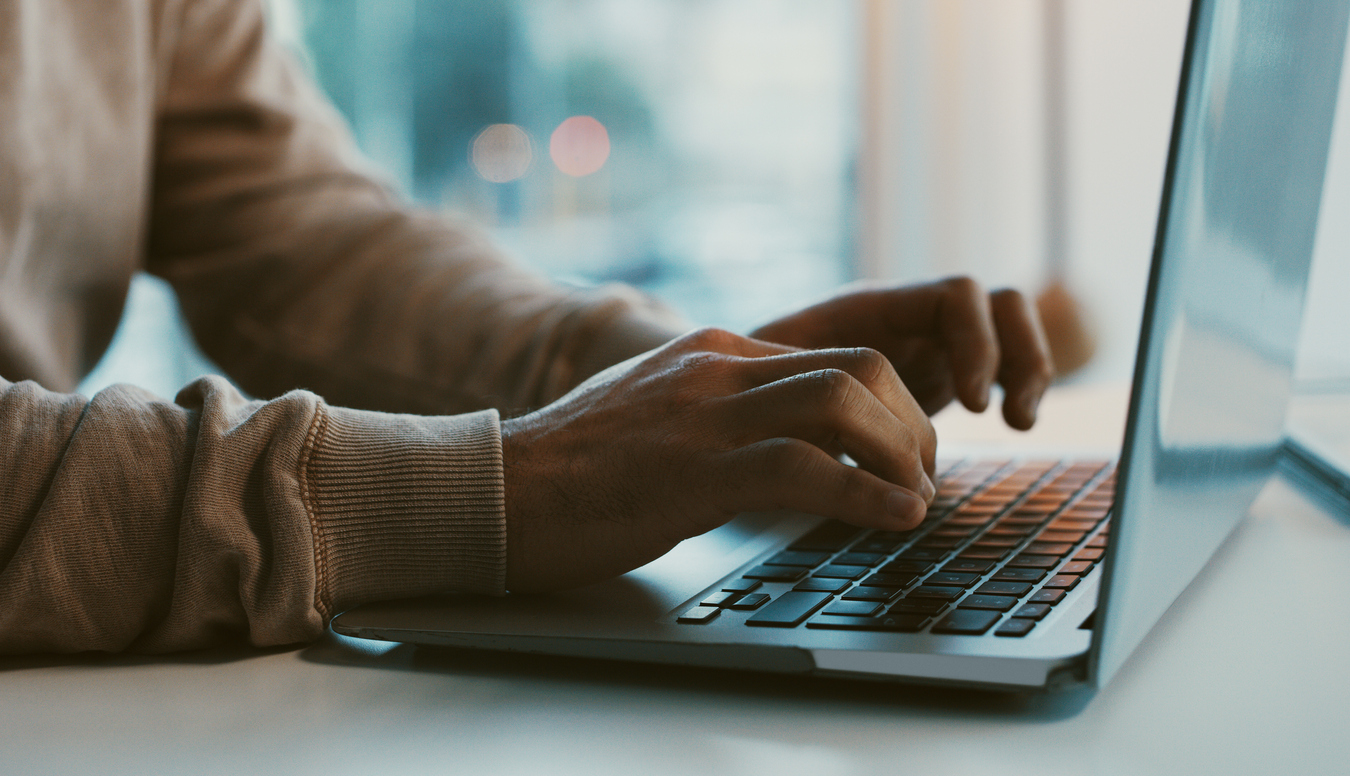Nothing scares politicians more than telling parents how to do their job, which is a shame because a bit more finger wagging might be just what we need. The Online Safety Bill returns to parliament this week to be debated by MPs once again – with the legislation aiming to stop kids looking at porn online.
Getting tough on Big Tech is easier than asking more of parents
MPs have already spent around 40 hours debating this Bill, in previous forms. In this time only eight MPs have suggested that parents might just have some responsibility in stopping their children accessing porn online. Fifty MPs have so far opined on the merits of switching off the internet for teens but barely one in six mentioned in parliament that parents might have a role to play. We can only hope for better as the Bill returns for a third time to be debated by MPs. Maybe their lordships, more likely to be grandparents than parents, will bring some much needed common sense to these discussions.
One of the largest pornography websites in the world, PornHub, has more clicks than the BBC, with few if any controls on who is viewing. Whatever you think about proposals to get tough on internet porn, with restrictions on access and age identification, overlooking the role of parents is a strange way to proceed. Our children and young people are consuming pornography more than ever before but Westminster famously has a blind spot when it comes to families – particularly when it comes to telling parents to take responsibility. Talking family is almost taboo in fashionable Westminster circles.
If we really are going to stop kids getting hold of grizzly online content we need to be brave enough to look to parents. It shouldn’t be either or: we should be clear about the role of parents alongside tighter online controls. Regrettably this wasn’t the view taken by Nadine Dorries, when she was in charge of pushing through the Bill in a previous form.
She told MPs from the despatch box that ‘the role of the state was to fulfil the responsibility of the parent in order to protect a child where a parent could not’, citing John Stuart Mill no less in her statist claim. She should get out more – philosophy is fine but common sense will tell you that it’s parents buying smart phones and putting tablets in front of their children that is at least part of the problem. Bizarrely parents are even setting up social media accounts for their underage children.
Researchers have found that there is a significant ‘pornography gap’ in Britain – the gap between the amount of pornography consumed by children and how much their parents think they have seen. A quarter of parents thought their child had seen pornography online, but in reality, more than half of children admitted to viewing porn. Parents also seem to assume that girls don’t view porn but boys do. Dads, wink wink, are more likely than mums to think their children were viewing smut online. In reality today’s porn is nothing like the smut of a previous age. It is more likely to be violent and far less erotic. It is more often than not abuse peddling as titillation.
Parents might claim to be talking to their children about this issue – 60 per cent say they have had conversations about porn – but very few children can recall ever having such a conversation.
We are in the middle of a huge social experiment where we have allowed our children to access the most violent pornography on an industrial scale like never before. We are only beginning to understand the huge harm this is doing to young people, both girls and boys, as they reach adulthood.
Maybe more MPs will mention parents in future debates but it’s not very likely. Getting tough on Big Tech is easier than asking more of parents. Our political class is cocooned in a bubble trying to pull levers that might not even work. We need to find our voice on parenting and family life. It will start with MPs from all parties getting to grips with what is happening behind closed doors.







Comments